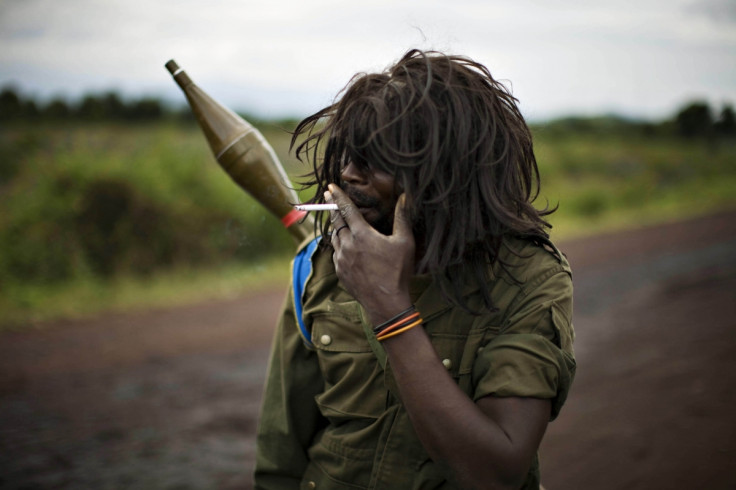Congo holds presidential elections as Sassou Nguesso seeks to extend 32-year rule

The Democratic Republic of the Congo (DRC) is holding presidential elections under a 48-hour communications blackout. The two largest communications networks have been ordered to shut down their services citing security concerns. All telephone, internet, and SMS services have been suspended, which critics said would impede the work of the election monitors.
Voters started queuing up outside polling stations as soon as they opened at 7am local time. The stations will remain open until 6pm.
Interior Minister Raymond Mboulou sent a letter to communication services firms "to cut off communication on March 20 and 21 for reasons of security and public tranquility". The blanket ban on communication networks during election time is seen as rather unusual.
Jean-Marie Mokoko, a retired general, is among the eight opponents facing the incumbent Sassou Nguesso who is looking to extend his 32-year-old rule.
Nguesso is widely expected to seal a victory in the oil rich yet poor African nation. Prior to the polls, the age limit of 70 was relaxed so as to allow Nguesso, one of the longest-serving African leaders, to run again. The constitutional changes were ratified in a referendum with an overwhelming 94.3% support but the opposition called it a farce.
"I want this to go well. I don't want war, which is often what happens after these elections," a voter Damien Kiongazi told Reuters.
Mokoko was summoned by state officials as part of a security investigation on 19 March, the eve of the elections. Most of the eight presidential have agreed to back Mokoko if there is a second round of voting.
"There are other things to think about besides elections. Everything is being done so that the election is not transparent," Joe Washington, president of the activist group Ebina Foundation, told the New York Times.
© Copyright IBTimes 2024. All rights reserved.






